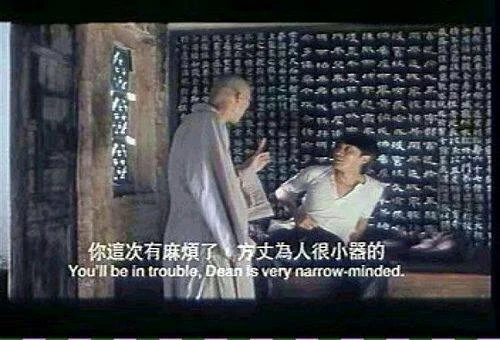契約是締約雙方就某些事項,例如聘任、婚姻、買賣等而協定並願意遵守雙方所簽訂的契約條款。在經濟學,契約的重要性可見於「廠商與生產」(Firms and Production)的課題。簡單而言,由於商業社會必然進行各種大大小小的交易,制定契約可界定廠商和各生產單位(如勞工)的回報和權限。
「完全契約」
完全契約是以完全競爭市場(Perfect Market)的假設條件為前提。
完全契約是指締約雙方都能完全預見契約期內可能發生的重要事件,如執行契約時出現爭議,可以委託有權威性第三方,例如法庭,就契約上的演繹和現行法例,作出強制性的裁定。
完全契約有幾個特定條件,包括「零交易成本」、「完全市場資訊」、「不損害界外(External)任何利益」。大家有讀過經濟學都會知道,這些條件其實不切實際,尤其在現實世界中,不可能存在沒有交易成本(Transaction Cost)。但正如需求彈性一課中,我們也要學習完全彈性需求(Perfect Elastic Demand)和完全無彈性需求(Perfect Inelastic Demand),原因是在學術層面,我們必須先訂下一個極致的標準,作為討論框架,以衍生並應用到各種現實經濟例子之上。
「不完全契約」
不完全契約(Incomplete Contract)是指締約雙方不能完全預見契約履行期內可能出現的各種情況,從而無法達成內容完備、設計周詳的契約條款。
不完全契約修補了完全契約的不足。正因為人的理性有限,而且交易成本必然存在,契約制定時無法預視所有情況,導致幾乎一定會出現遺留和分歧,而待事件發生之後交易主體的討價還價和調解成本不能避免,也造就機會主義(Opportunism)的生態,例如勞工因為廠商無法百分百監管而偷懶(Shirking)、以件工計(Piece Rate)作為報酬的產品質量會下建(Poor Quality of Output)等,相信DSE考生必定耳熟能詳。






